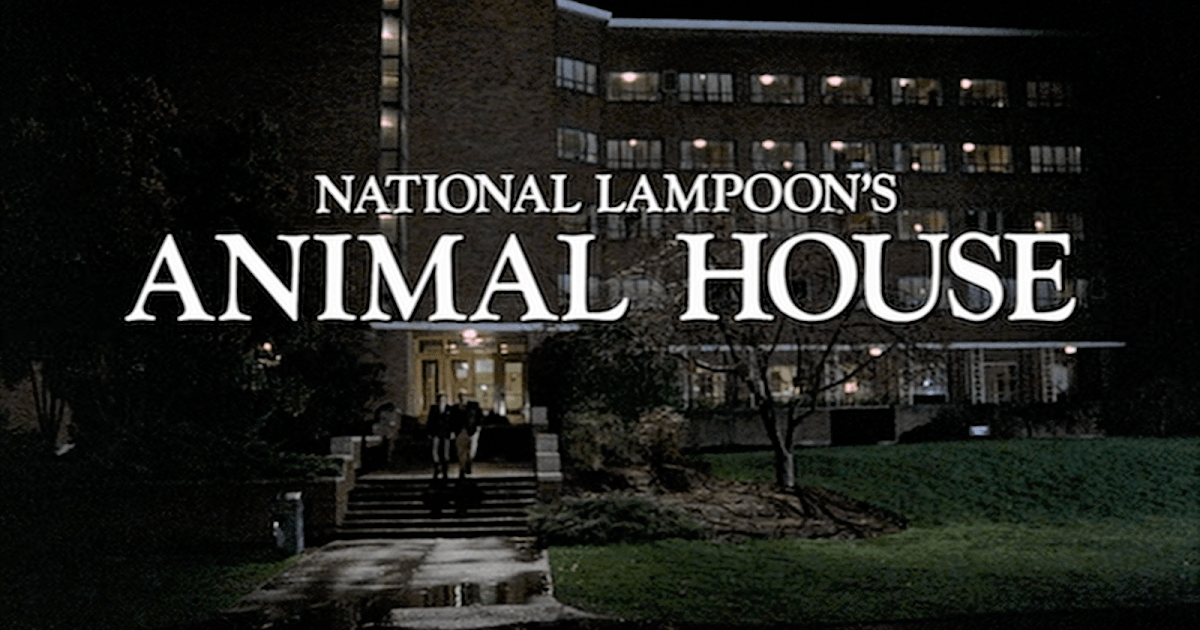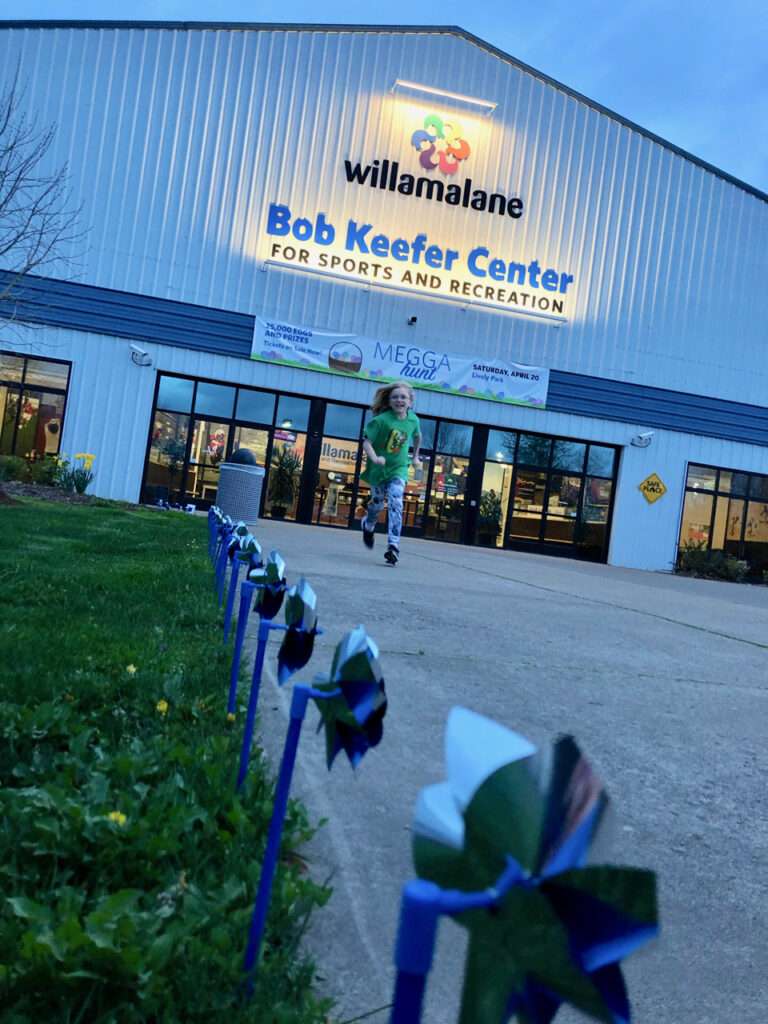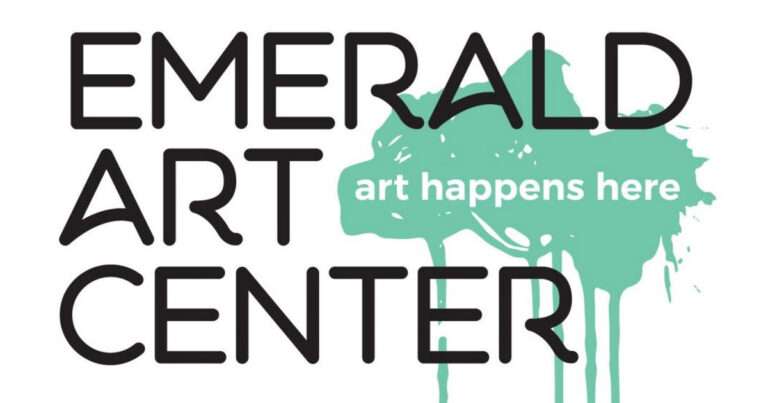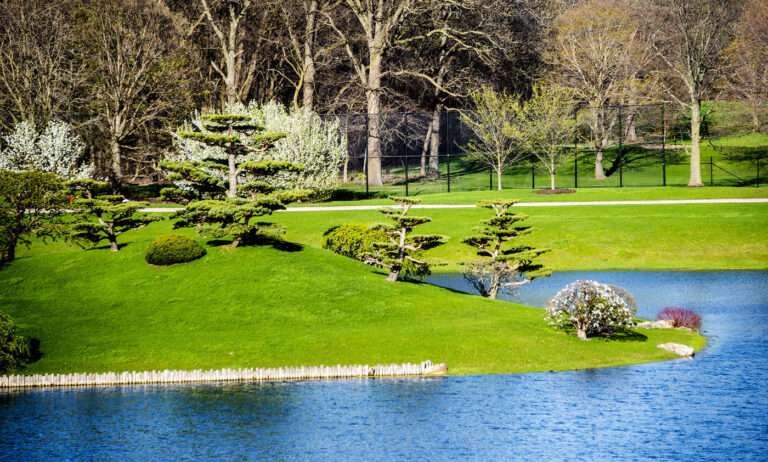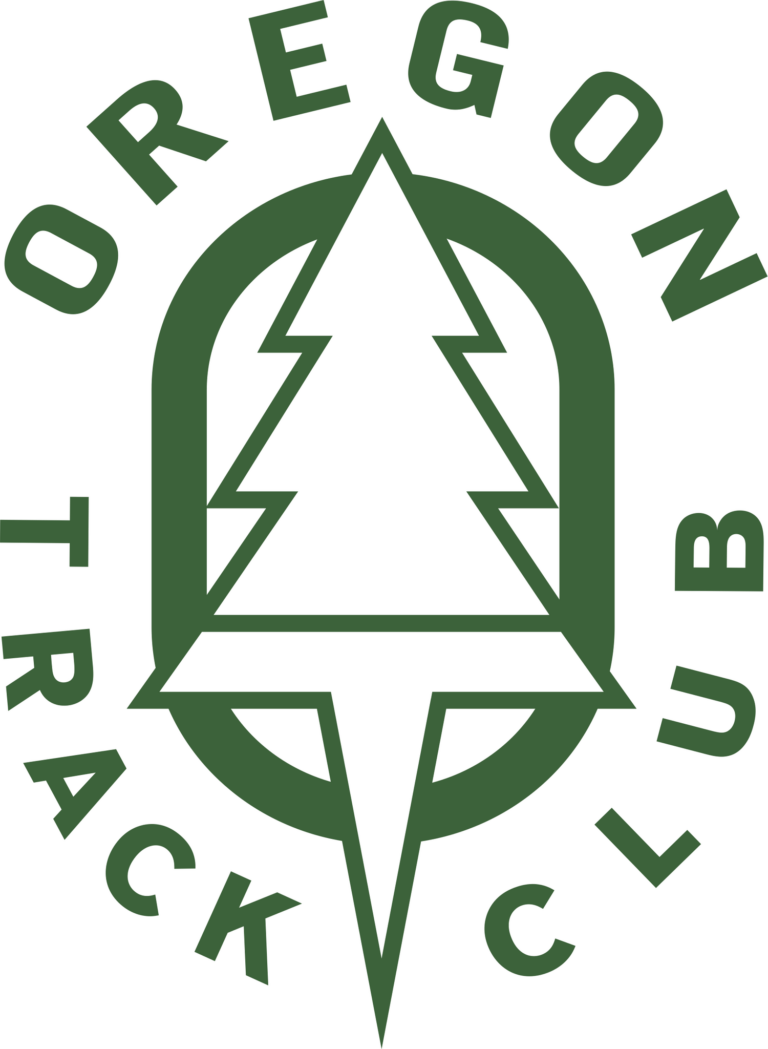Laughter and Rebellion | Animal House
Laughter and Rebellion | Animal House – The moment National Lampoon’s Animal House hit the silver screen in 1978, it didn’t just introduce us to a raucous world of college rebellion; it immortalized Eugene, Oregon, as the backdrop for one of the most iconic comedies ever made. This film isn’t just a series of gags and pranks; it’s a cultural touchstone that changed the landscape of cinematic comedy.
Key Takeaways
- Animal House in Eugene, Oregon, remains a cultural landmark.
- John Belushi’s performance is a cornerstone of the film’s success.
- The movie’s impact on Eugene and its residents is significant.
The Setting: Eugene, Oregon
Eugene, Oregon, with its lush surroundings and the vibrant University of Oregon campus, became the stage for Animal House. This wasn’t just a random choice. The film needed a place that encapsulated the essence of college life in the 1960s, and Eugene fit the bill perfectly.
Check out this YouTube video for a glimpse of the filming locations in Eugene
The House That Started It All
The actual ‘Animal House,’ a ramshackle fraternity house, became an emblem of the anti-establishment sentiment of the movie. Though the physical building no longer exists, having been demolished in 1986, its spirit lingers in Eugene. Its legacy continues to draw fans and film enthusiasts, eager to connect with a piece of cinematic history.
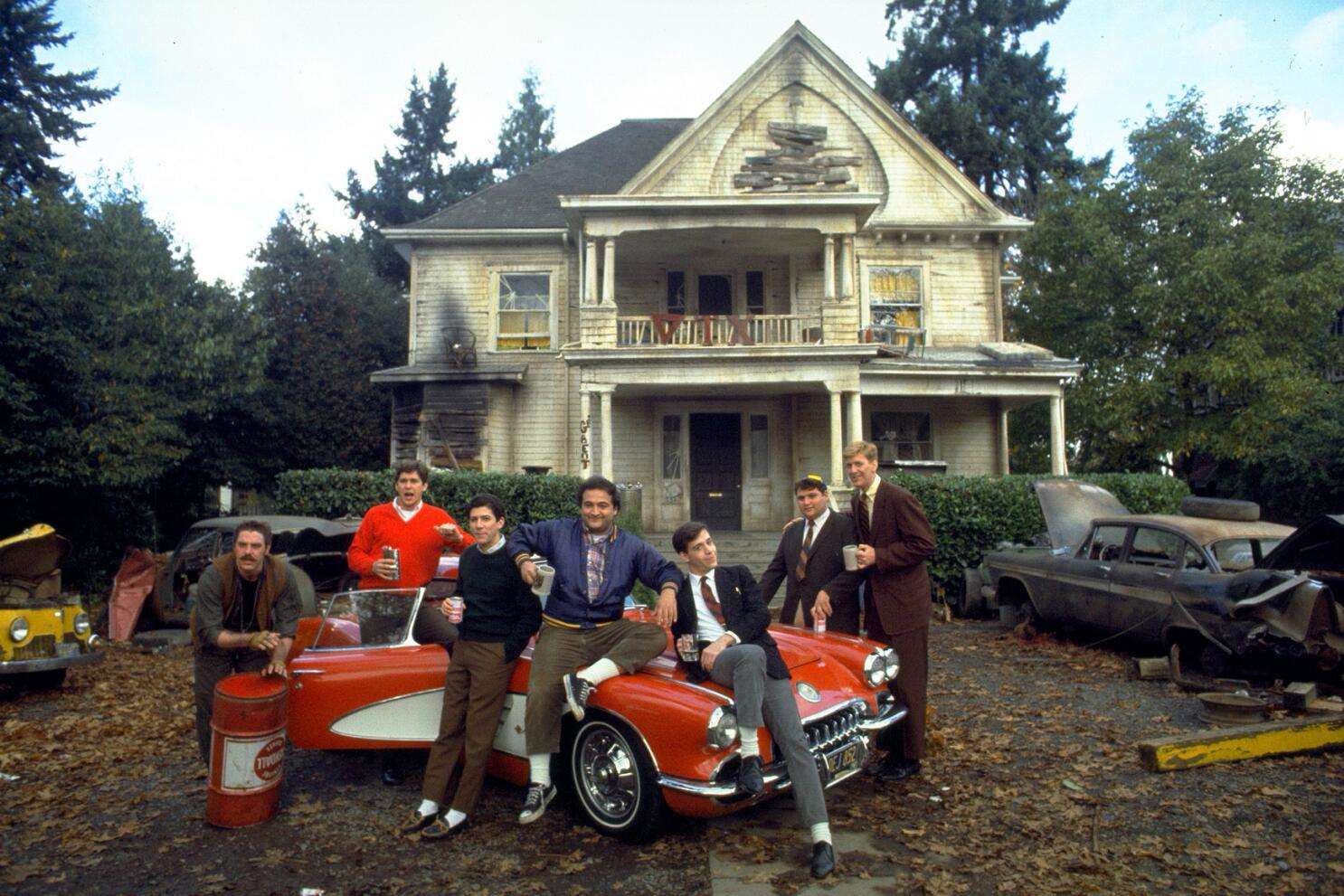
John Belushi: The Heart of Animal House
John Belushi’s portrayal of Bluto Blutarsky is nothing short of legendary. His explosive energy and impeccable comic timing brought the character to life, creating an unforgettable and influential figure in film comedy. Belushi’s performance is a testament to his talent and has become synonymous with Animal House.
Discover more about the making of Animal House and John Belushi’s role in this YouTube video
Impact on Eugene and Pop Culture
The filming of Animal House in Eugene was more than just a production schedule; it was an event that left an indelible mark on the city. Residents of Eugene, many of whom were extras in the film, still recall the excitement and chaos that came with hosting a Hollywood production. The movie not only showcased the city’s beauty but also contributed to its cultural identity.
A Cult Classic and Its Legacy
Animal House quickly transcended its status as a comedy film to become a cult classic. Its influence is evident in the countless comedies that followed, which sought to replicate its blend of humor, irreverence, and outright rebellion. The film’s success also paved the way for future projects under the National Lampoon banner.
Eugene’s Ongoing Tribute
Eugene continues to celebrate its connection to Animal House. From themed events to location tours, the city embraces its role in film history. The University of Oregon, in particular, often references its accidental fame, reminding students and visitors of its unique place in pop culture.
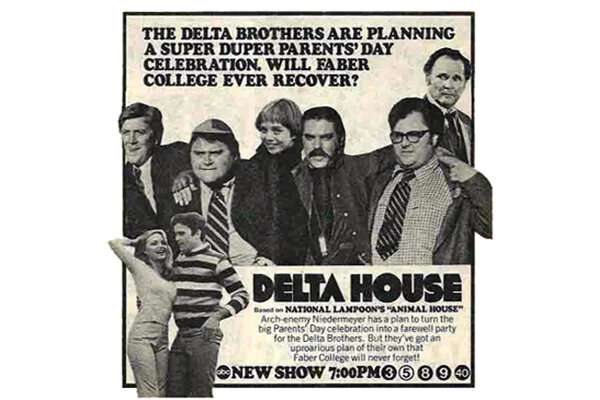
Explore Eugene’s connection to Animal House in this YouTube video
Tables of Interesting Facts
| Fact | Description |
|---|---|
| Release Year | 1978 |
| Filming Location | Eugene, Oregon |
| Main Actor | John Belushi |
| Character | John “Bluto” Blutarsky |
| Director | John Landis |
Animal House in Eugene, Oregon, isn’t just a movie location; it’s a landmark of cultural significance. The film’s legacy, bolstered by John Belushi’s iconic performance, continues to resonate with audiences, making it a timeless classic. Eugene’s embrace of this cinematic history only adds to the charm and allure of this vibrant city.
Eugene, Oregon, isn’t just a city; it’s a living, breathing character in the story of National Lampoon’s Animal House. This cinematic gem, filmed in the fall of 1977, carved its name into the annals of comedy history and forever changed the face of Eugene.
The University of Oregon: A Fortuitous Setting
The University of Oregon, with its classic, ivy-adorned appearance, became the perfect stand-in for the fictional Faber College. After other universities turned down the script, UO welcomed the Animal House crew. The deal? A $20,000 payment and a promise not to identify the university in the film. This decision proved serendipitous, intertwining the university’s history with that of the film.
The Filming Locations
The production utilized various locations around Eugene and nearby Cottage Grove. The Delta fraternity house, a central location in the movie, was represented by the Eugene Half-way House, located between two fraternity houses off campus. Notably, the climactic homecoming parade scene was shot on Main Street in Cottage Grove. These locations are now part of Eugene’s cultural heritage, with the former Sigma Nu house, now part of Northwest Christian University, still standing as a testament to the film’s legacy.
John Belushi: The Soul of Animal House
John Belushi, playing Bluto Blutarsky, infused Animal House with his indomitable spirit. His time in Eugene wasn’t just about filming; he immersed himself in the local culture, befriending Portland blues musician Curtis Salgado. This encounter influenced Belushi’s later creation of the Blues Brothers. The film’s premiere in New York City on July 24, 1978, marked the beginning of its journey as a cultural phenomenon.
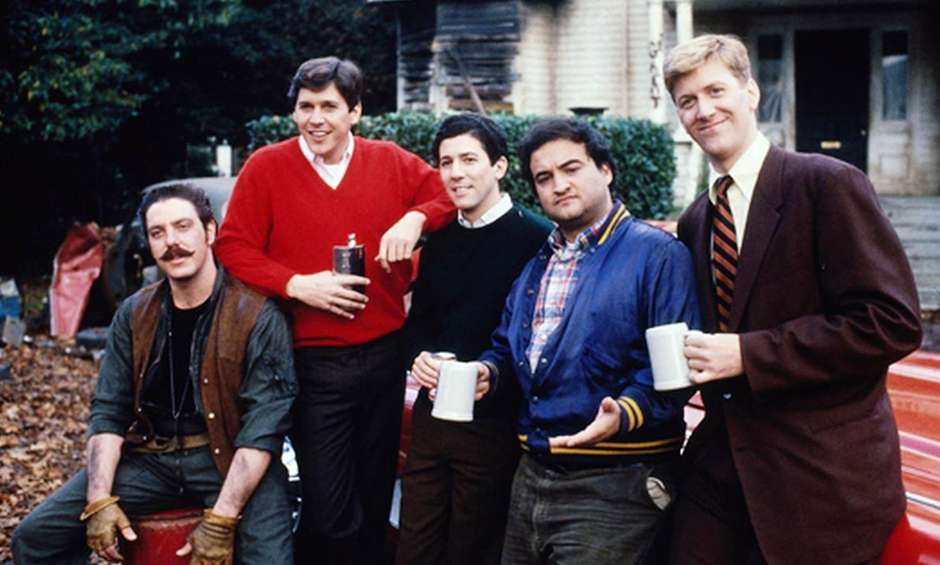
The Transformation of a City
Eugene’s role in Animal House has become a proud part of its narrative. Once trying to hide its participation, the University of Oregon now embraces the film, highlighting movie locations on campus tours and singing Otis Day and the Knights’ rendition of “Shout” at Duck football games. The film’s connection to Eugene is a source of pride for locals and a draw for visitors alike.
Eugene’s Animal House Tour: A Must for Fans
For those wanting to experience Animal House‘s legacy first-hand, Eugene offers a self-guided tour. Starting at the site of the original Delta House, now marked by a bronze plaque, fans can explore various locations like the Memorial Quadrangle, Gerlinger Hall, and the famous Fishbowl in the Erb Memorial Union, where the iconic food fight scene was filmed. Each stop offers a glimpse into the film’s history and its intertwining with the University of Oregon.
Immerse yourself in Animal House‘s Eugene with this tour guide
The Lasting Impact of a Comedy Classic
Animal House did more than entertain; it launched a new genre of uninhibited comedy films targeting young audiences. Ranked thirty-sixth on the American Film Institute’s list of the hundred greatest film comedies of all time and preserved in the National Film Registry, its influence remains undeniable.
Eugene, Oregon, and National Lampoon’s Animal House are inextricably linked. The city’s embrace of its cinematic history and the film’s enduring popularity are testaments to the lasting impact of this legendary comedy. The legacy of Animal House in Eugene continues to be a source of nostalgia, laughter, and pride for the city and its inhabitants.
University of Oregon: The Real-Life Faber College
The University of Oregon campus served as the backdrop for some of Animal House‘s most iconic scenes. Johnson Hall, the university’s administration building, doubled as Dean Wormer’s office, where Flounder infamously brought a horse. Gerlinger Hall, initially a women’s facility, posed as Emily Dickinson College in the movie. These historic buildings, along with Carson Hall, Flounder and Pinto’s dormitory, remain integral parts of the campus, connecting the present with the past.
Cottage Grove: Celebrating the Parade Scene
The memorable homecoming parade scene was shot on the Main Street of Cottage Grove, a charming “All America” town. This location has become a significant point of interest for Animal House enthusiasts and film tourists, maintaining its allure decades after the movie’s release.
Eugene’s Transformation and Recognition
Once attempting to distance itself from the film, the University of Oregon now proudly acknowledges its role in Animal House. The movie has been ingrained into the university’s culture, with references to the film being a staple of campus tours and local celebrations. The archival footage from KEZI-TV news and other collections provide a fascinating glimpse into the city’s past and its evolution over the years.
The Archival Journey: Connecting Past and Present
The University of Oregon’s archival collections offer an intriguing look into the film’s production and its influence on the local culture. These archives serve as a bridge between the movie’s heyday and the present, offering insights into Eugene’s transformation into a city proud of its Hollywood connection.
Eugene, Oregon’s journey alongside Animal House is a testament to the power of film in shaping a city’s identity. From a once reluctant participant to a proud custodian of cinematic history, Eugene’s embrace of its Animal House legacy is a celebration of humor, history, and cultural evolution.

